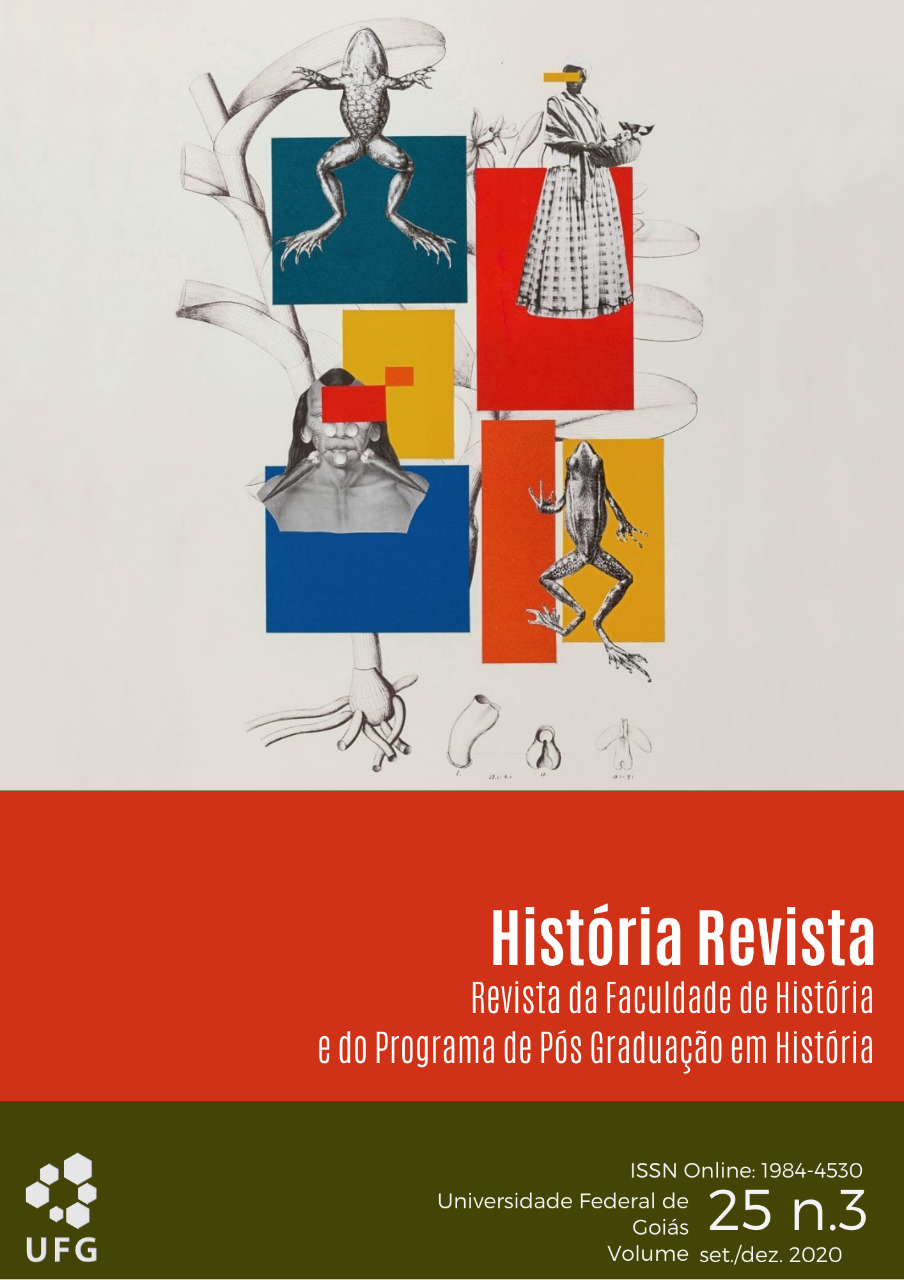Cartografias da cultura underground
o surgimento da subcultura heavy metal no ABC paulista e os deslocamentos da identidade suburbana
DOI:
https://doi.org/10.5216/hr.v25i3.65668Resumo
O objetivo desde artigo é analisar o surgimento da subcultura heavy metal na região do ABC paulista, a partir das práticas culturais que envolviam seus subgêneros musicais nas duas últimas décadas do século XX. Analisaremos, particularmente, os processos identitários relacionados à categoria “cena heavy metal” em sua interação com as demais subculturas. Em um primeiro momento, buscaremos estabelecer um referencial teórico para a abordagem desse fenômeno, basicamente em torno dos cutural studies. Na segunda etapa, indicaremos alguns antecedentes relevantes para sua gênese histórica na região, isto é, a consolidação da indústria cultural no Grande ABC. A seguir, procuraremos identificar o núcleo comum apresentado pelos diferentes subgêneros metal, suas diferentes inserções na cultura local e suas principais disputas no campo simbólico. Por fim, indicaremos alguns desdobramentos dessa subcultura inaugurada pelos Headbangers ABC e que se estende até as vertentes contemporâneas do metal extremo.
Downloads
Downloads
Publicado
Como Citar
Edição
Seção
Licença
Declaração de Direito Autoral
Concedo à História Revista o direito de primeira publicação da versão revisada do meu artigo, licenciado sob a Licença Creative Commons Attribution, que permite o compartilhamento do trabalho com reconhecimento da autoria e publicação inicial nesta revista.
Afirmo ainda que meu artigo não está sendo submetido a outra publicação e não foi publicado na íntegra em outro periódico, assumindo total responsabilidade por sua originalidade, podendo incidir sobre mim eventuais encargos decorrentes de reivindicação, por parte de terceiros, em relação à autoria do mesmo.



